I’ve never been much of a humor writer. 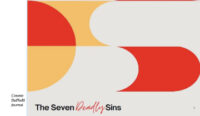 But when Cosmic Daffodil Journal, an online literary magazine, invited under-500-word essays hinged on one or more of the “seven deadly sins”, my funny bone was tickled: Why not write about them all from the perspective of old age?
But when Cosmic Daffodil Journal, an online literary magazine, invited under-500-word essays hinged on one or more of the “seven deadly sins”, my funny bone was tickled: Why not write about them all from the perspective of old age?
The editors liked it. You can read it at their website, but you’ll have to pick the little Seven Deadly Sins box and then scroll down to page 122. To start, go => here:
Or it may be easier to read it =>right here


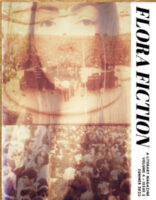 Literary (which had already published several of my pieces) announced a theme of “festivals,” maximum 1,000 words, I was fairly confident they’d like my recollection of picnicking at Tanglewood.
Literary (which had already published several of my pieces) announced a theme of “festivals,” maximum 1,000 words, I was fairly confident they’d like my recollection of picnicking at Tanglewood. study the governance of two great rivers that traversed both Communist and non-Communist nations — the Danube and the Mekong. Although my reports dealt with government action, there was time to marvel at how people lived — and in Cambodia, one unique way they fished.
study the governance of two great rivers that traversed both Communist and non-Communist nations — the Danube and the Mekong. Although my reports dealt with government action, there was time to marvel at how people lived — and in Cambodia, one unique way they fished. usually seems too constrained, but occasionally I find a topic that doesn’t need more than that — and then Panoply is the one I try first. When I sent them a piece on taking my bird feeders down, they accepted it in a short three weeks, telling me (what a writer loves to hear) “The writing quality itself is the winner in this piece.”
usually seems too constrained, but occasionally I find a topic that doesn’t need more than that — and then Panoply is the one I try first. When I sent them a piece on taking my bird feeders down, they accepted it in a short three weeks, telling me (what a writer loves to hear) “The writing quality itself is the winner in this piece.”
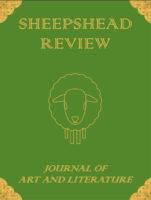 aiming to have visited every one of the (then) 48 states before fetching up to begin my junior year at Cornell.
aiming to have visited every one of the (then) 48 states before fetching up to begin my junior year at Cornell.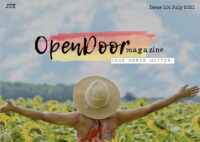 they had in mind ways the pandemic had upset lives. Undaunted, I tweaked and renamed it, and began sending it to others. After a year of more rejections, Open Door Magazine wrote this week that they wanted to publish what was now “The Mighty Sparrow,” not only as the lead piece in the July online Issue 10, but also in their October print anthology.
they had in mind ways the pandemic had upset lives. Undaunted, I tweaked and renamed it, and began sending it to others. After a year of more rejections, Open Door Magazine wrote this week that they wanted to publish what was now “The Mighty Sparrow,” not only as the lead piece in the July online Issue 10, but also in their October print anthology.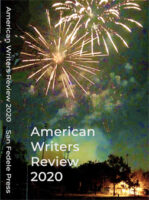 summer unemployed, but I was blessed with a mother who stiffened my spine when I was nearly crushed by my own stupidity.
summer unemployed, but I was blessed with a mother who stiffened my spine when I was nearly crushed by my own stupidity.